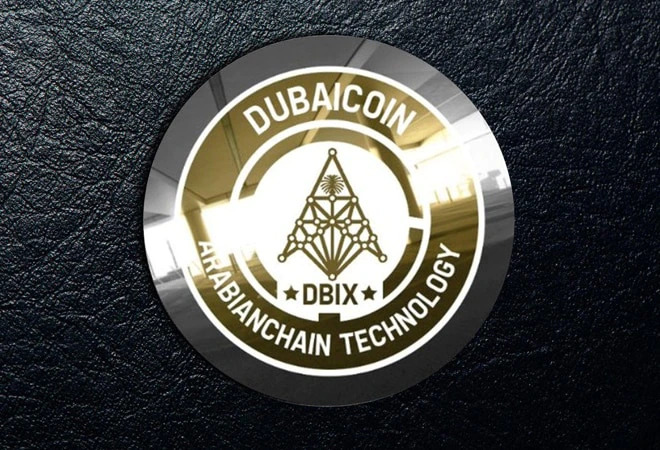A cryptocurrency called DubaiCoin (DBIX) jumped 1000 per cent in 24 hours. But Dubai government has warned investors against this digital coin and said it was a phishing scam. DubaiCoin’s value shot up after a press release claimed that the coin has been named the official digital currency of Dubai.
Dubai earlier today denied that the cryptocurrency was its official cryptocurrency. “Dubai Coin cryptocurrency was never approved by any official authority. The website promoting the coin is an elaborate phishing campaign that is designed to steal personal information from its visitors,” the city said in a statement.
The official Dubai Media Office tweeted:
Dubai Coin cryptocurrency was never approved by any official authority. The website promoting the coin is an elabo… https://t.co/g5iCuMGY3E— Dubai Media Office (@DXBMediaOffice) 1622149427000
When was Dubai coin launched?
Dubaicoin was launched by Arabianchain Technology on May 24. Dubaicoin falsely positioned itself as the de facto cryptocurrency of Dubai.
The price of the crypto rose by 1,000 per cent over the last 24 hours. According to Crypto.com, DubaiCoin was trading at around $0.17 but picked up to $1.13 on May 27.
The surge brought it to the notice of the Dubai Electronic Security Centre, following which it issued a statement.

What says the ArabianChain Technology?
ArabianChain Technology that founded the coin claims that it offers “the first public, decentralised and consensus-driven blockchain in the MENA region”. It, however, denied making any such claim about the cryptocurrency and said that the website was fake. “We haven’t made such an announcement, please be cautious. Also this website: http://dub-pay.com/en/ is fake and scam .please be careful,” it said. Dub-pay is the site where the press release was published.
Is Bitcoin legal in Dubai?
According to the Library of Congress “Under article D. 7.3 of the Regulatory Framework for Stored Values and an Electronic Payment System, issued by the Central Bank of the United Arab Emirates in January 2017, all transactions in “virtual currencies” (encompassing cryptocurrencies in Arabic) are prohibited.”
